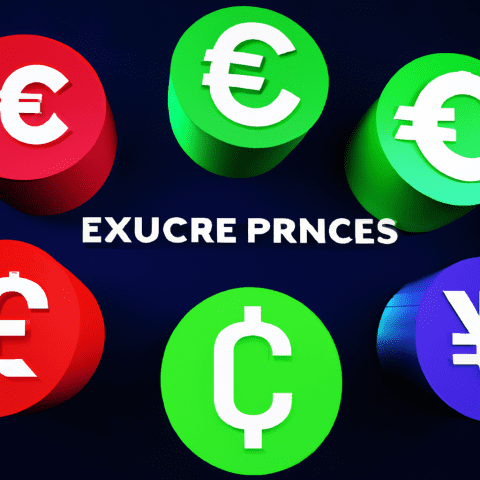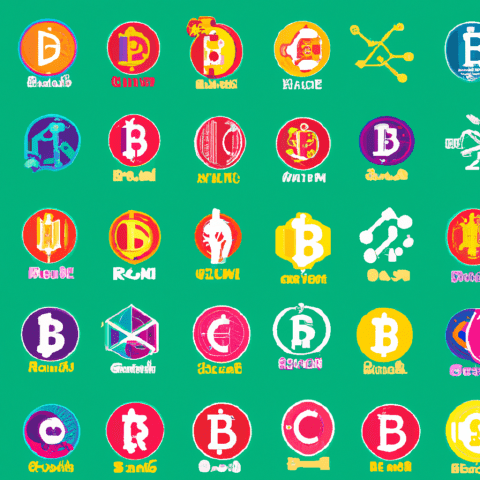In the fast-paced world of cryptocurrency trading, navigating the various types of exchanges can be a daunting task for both beginners and experienced traders alike. From traditional centralized exchanges to the innovative decentralized exchanges, the options for buying and selling digital assets are endless. In this comprehensive guide, we will delve into the world of crypto exchanges, exploring the differences between centralized and decentralized platforms, highlighting the top DEXs for seamless crypto swaps and liquidity, and providing insights on how to buy and sell cryptocurrency with ease. Whether you're interested in trading Bitcoin, Ethereum, Solana, or any other digital asset, this article will help you navigate the ever-evolving crypto market with confidence.
1. "Exploring the World of Crypto Exchanges: From Centralized Exchanges to Decentralized Exchanges"
When it comes to trading cryptocurrencies, there are two main types of exchanges to consider: centralized exchanges (CEX) and decentralized exchanges (DEX). Centralized exchanges, or CEXs, are traditional platforms where users can buy, sell, and trade cryptocurrencies with ease. These exchanges are operated by a central authority and often require users to go through a registration process and provide personal information for KYC (Know Your Customer) purposes.
On the other hand, decentralized exchanges, or DEXs, operate on blockchain technology and allow users to trade directly with one another without the need for a central authority. DEXs are known for their focus on privacy, security, and censorship resistance, making them a popular choice for those who value decentralization.
Some of the top DEXs in the market include Uniswap, SushiSwap, and PancakeSwap, each offering unique features and benefits for users. These DEXs allow users to swap cryptocurrencies directly with one another using smart contracts, providing a high level of liquidity and transparency in the process.
One of the key advantages of DEXs is their ability to provide crypto liquidity without the need for a centralized authority. This means that users can trade cryptocurrencies directly from their wallets without having to deposit funds onto an exchange, reducing the risk of hacks or theft.
Overall, the world of crypto exchanges offers a variety of options for traders to buy, sell, and swap cryptocurrencies. Whether you prefer the ease of use of a centralized exchange or the security of a decentralized exchange, there are plenty of options available to suit your trading needs.














